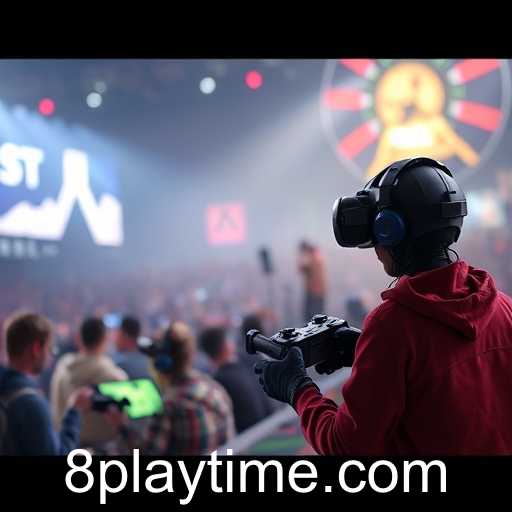In the rapidly changing world of gaming, 2025 has become a remarkable year for technological advancements and cultural evolution. At the heart of this transformation is the concept of 'playtime,' which has become more than just a measure of time spent on gaming platforms. It signifies a broader shift in how games are designed, experienced, and valued.
Playtime today is deeply intertwined with the revolutionary technologies that define the gaming industry. Virtual reality (VR) and augmented reality (AR) have elevated playtime into immersive experiences that captivate and engage players in unprecedented ways. These technologies blur the lines between virtual and physical realities, creating a dynamic environment where players are more physically and emotionally involved than ever before.
Moreover, the integration of artificial intelligence (AI) into games has added a new layer of personalization and adaptability. Modern games can now adjust their difficulty levels and offer content tailored to individual players, providing a unique, customized playtime experience that keeps players engaged and challenged. As AI continues to grow more sophisticated, we can expect even more intelligent and intuitive gaming experiences.
The social aspect of gaming has also seen significant evolution. Online multiplayer games now facilitate massive virtual events, where players not only compete but also socialize and collaborate in virtual spaces. This social playtime has broken geographic boundaries, offering a platform where friendships are formed across distances, creating global gaming communities.
Additionally, the rise of esports has redefined playtime, turning it into a competitive, professional pursuit. Gamers spend hours refining their skills, and playtime is now a measure of dedication to mastering their craft. Esports events continue to draw enormous audiences, reflecting the mainstream acceptance and growth of competitive gaming.
With all these advancements, the gaming industry faces new challenges, primarily around the well-being of its players. Developers and platforms are increasingly aware of their responsibility to promote healthy gaming habits, ensuring playtime is balanced with physical and mental health needs. As we move forward, this balance will become crucial to sustain the industry's growth and ensure that playtime remains a positive, enriching experience.
In conclusion, the evolution of 'playtime' in 2025 reflects the broader trends in the gaming world. It connects technology, gameplay, community, and professional competition, embodying the future of entertainment. With ongoing innovations, the gaming industry is poised to expand the boundaries of what's possible, making playtime a key trend to watch in the coming years.








